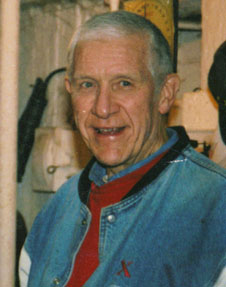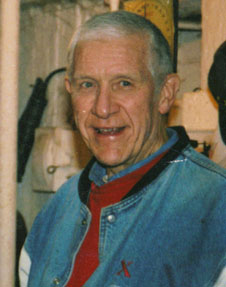
An Armistice/Veteran’s Day post script: They aren’t forgotten
By Hobie Morris
In August 1917, a 16-year-old Missourian named Frank Woodruff Buckles lied himself into the Army, claiming that Missouri didn’t publish birth records. The young “doughboy,” as American soldiers were called, served most of the war in France as an ambulance driver and later an escort for German POWs.
Ironically, this World War veteran happened to find himself in Manila, P.I., on business when the Japanese invaded in December 1941. He would spend the next three years in a prisoner of war camp.
In February, 2011, Buckles passed away. Later, he was buried in Arlington National Cemetery – only 50 yards from another Missourian, his commanding general, John “Black Jack” Pershing. Though hardly as famous as Pershing, Buckles is a very important man – the last surviving American veteran of World War I. (He joins the ranks of several other “last” veterans: Lemuel Cook, Revolution: died 1866; Albert Woolson, Civil War: died 1966. Others from more recent conflicts will eventually join their comrades.)
Do these men represent the “end” of these wars? Hardly. The ripples from past wars seem to follow future generations in countless ways long into the future.
World War I is over a century old. (WW2 is more than 75 years past.) Even today, one missing WWI soldier is found in France every week: unearthed by farmer’s plows and developers bulldozers from the fields of the Western Front. There are an estimated 155,000 soldiers from both wars whom have never been found.
In 2019, six bodies were unearthed in one spot: six unidentified Scottish soldiers who broke into the German lines during the Battle of Loos in 1915. They paid with their lives; the Germans put them into a shell hole where they remained for 104 years.
One third of these bodies will be identified and later given a full military funeral. Those not identified will be honored as “a soldier of the Great War – known unto God.”
As Benjamin Franklin once observed, “there are no good wars or bad peace.” Civil War Union General William T. Sherman mused, “War is hell.”
Sadly, wars ripple on and on . . . long after the cheering and parades are forgotten and the weapons are finally silent.
Carl Sandburg once wrote about a young girl who asked her father, “What if there is a war and nobody comes?” This young girl’s love of others we should strive with all our hearts and souls to replicate.
But these are just the musings of a simple country man who has seen that there must be better ways. As my good friend, Wendell Berry, has written, “The Earth is what we all have in common.”
Hobie Morris is a Brookfield resident and simple country man.

